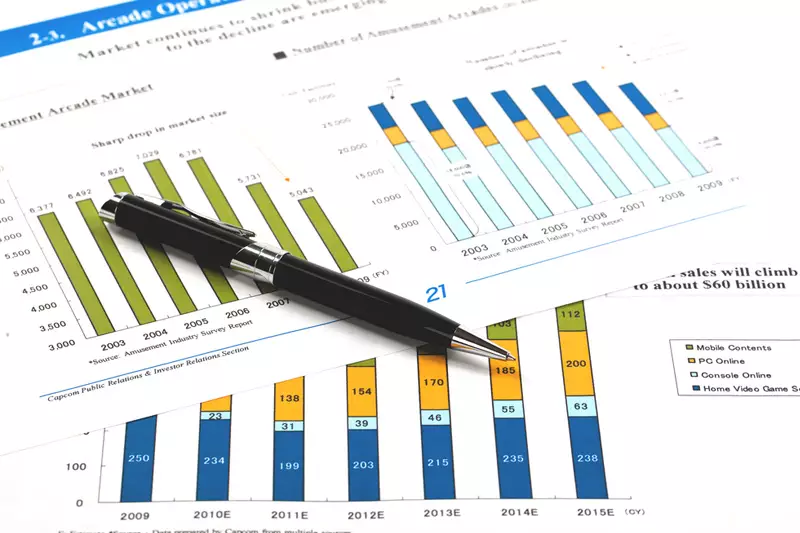The recent political upheaval in France has notably influenced the risk premium associated with French government debt. Following a no-confidence vote that resulted in the collapse of Prime Minister Michel Barnier’s government, the risk premium—the additional return investors demand to hold French bonds instead of safer German Bunds—dropped from its peak. It fell to 80.90 basis points (bps), a decrease from 90 bps, which represented the most significant margin since 2012. This fluctuation reflects deeper sentiments in the bond market regarding France’s financial stability and investor confidence.
While market analysts initially speculated that investor reactions might be subdued or exhibit a ‘buy on rumors, sell on news’ pattern, the dynamics revealed a more nuanced reality. Investors appeared to alter their perspectives on French debt in light of the political landscape, which remains precarious. The interplay between the far-right and left-wing factions leading to the government’s fall doesn’t just indicate a volatile political climate; it also raises concerns about France’s fiscal trajectory and potential sovereign credit downgrade. Observers of the market are increasingly leaning towards cautious optimism, balancing the risk posed by political instability against economic fundamentals.
Analysts have warned that the political crisis might usher in a lengthy period of economic stagnation for France, contributing to an erosion of its creditworthiness over time. The government’s proposed budget cuts, which aim to slash spending by 60 billion euros while also implementing tax increases to bring down the deficit to 5.1% of GDP by 2025, signal a difficult adjustment period for the French economy. These austerity measures suggest that the government is resorting to stringent fiscal policies to regain control, potentially igniting public discontent and further political unrest.
Adding an additional layer of complexity, investor focus has also shifted to the global economic landscape, particularly the U.S. economy. Anticipation of upcoming employment data has led to fluctuations in Eurozone borrowing costs. Federal Reserve Chair Jerome Powell’s indication of a stronger-than-expected U.S. economy may imply a continued cautious approach to interest rate cuts, which could reverberate through global financial markets. With rising yields in Germany—where the 10-year government bond yield climbed to 2.08%—the correlation between U.S. monetary policy and European bond dynamics cannot be ignored.
France’s current political instability is creating a ripple effect in the financial markets, influencing both the risk premium associated with its debt and investor sentiment. As the government grapples with implementing tough fiscal measures amidst a backdrop of political turmoil, the broader implications for the economy and its sovereign creditworthiness come into sharper focus. The interplay between domestic politics and international economic conditions, particularly from powerhouses like the United States, will likely dictate the trajectory of France’s financial future in the upcoming months. The situation remains fluid, demanding close attention from market participants.

